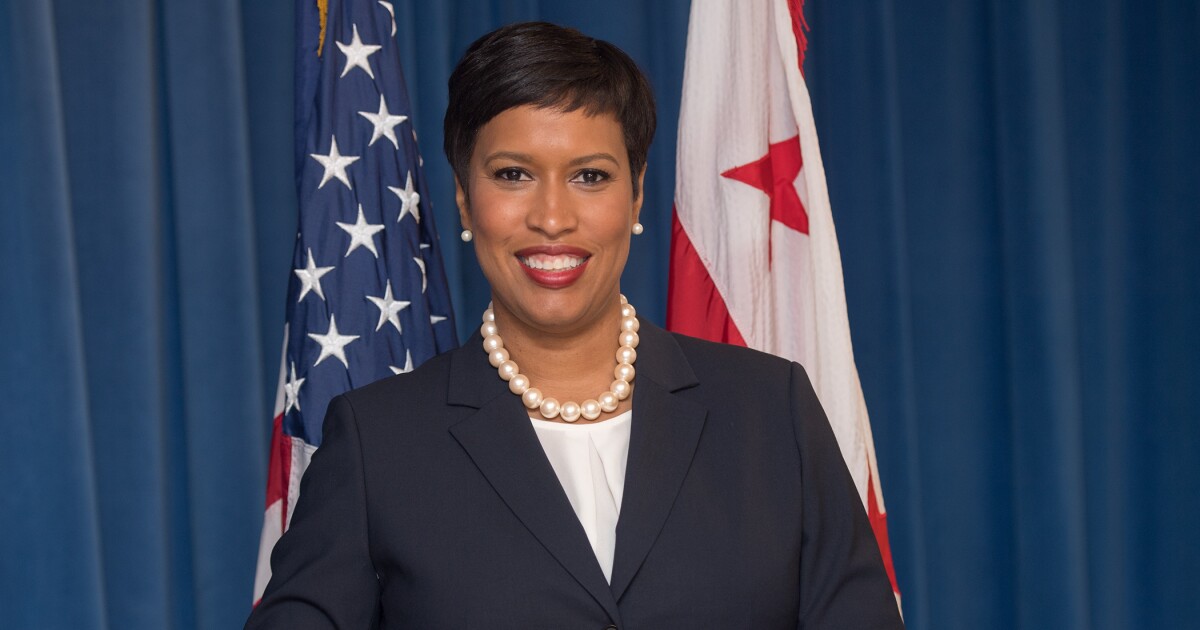D.C. budget proposal includes eliminating bond tax exemption
3 min read

The Washington D.C. City Council is proposing eliminating the tax exemption on interest on out-of-state municipal bonds, a revenue raising measure that the District’s mayor opposes.
Mayor Muriel Bowser remains opposed to further tax hikes and laid out her position on the bond tax exemption earlier this month.
“I do not support raising additional taxes and fees beyond what was proposed in my budget,” she wrote in a letter to Council Chair Phil Mendelson. “So, I am disheartened that Council Committees are proposing $180 million in new taxes and fees. These include $65 million by removing the tax exemption for interest on out of state municipal bonds.”
DC.Gov
D.C. works on a four-year budget cycle and must submit balanced ledger sheets or risk a Congressional takeover.
A second budget vote is scheduled for June 12.
Final budget approval and certification comes from the city’s CFO, Glenn Lee, who has been advocating for replenishing the city’s reserve funds. That issue emerged early in the budget process as a bone of contention but now appears to be resolved.
“These provisions indicate that the council has taken the Office of the Chief Financial Officer’s concerns regarding liquidity very seriously and has taken direct action to address them during the financial plan period,” said Natalie Wilson, public affairs officer for the Office of the Chief Financial Officer.
“Should these provisions be enacted into law, they will satisfy the necessary liquidity requirements, thereby supporting the District’s financial health. Upon a thorough review of the complete budget, we will proceed with the necessary steps to determine certification.”
Some muni thought leaders see the elimination of the interest exemption as steps along a
“This is absolutely a threat, even though it’s a smaller one to the overall tax exemption nationwide,” said Tom Kozlik, head of public policy and municipal strategy, Hilltop Securities. “This illustrates the ongoing and potential threat from policymaking that exists right now and could exist for several years.”
In addition to removing the muni bond exemption, the currently approved budget proposals which happened on Wednesday via an 11-1 vote includes increasing real estate tax on homes worth more than $2.5 million by about 0.3%
Homes above $3 million would rise 2.7% and homes above $5 million jump 8.8%. The increase would affect about 2,800 homes in the District of Columbia.
Squabbles over the budget began in
Lee has been ringing a warning bell about shoring up the District’s reserve funds since March. To make his case he cited the numbers in a letter to City Council.
“The FY 2023 Contingency Cash Reserve ending fund balance of $368.7 million decreased to $315.8 million as of December 31, 2023, a decrease of $52.9 million. The decrease is net of interest, and funds drawn over the period.”
Over $19 million in reserves was spent via the Department of Human Services to assist with migrant services, including meals, temporary accommodations, and support services.







